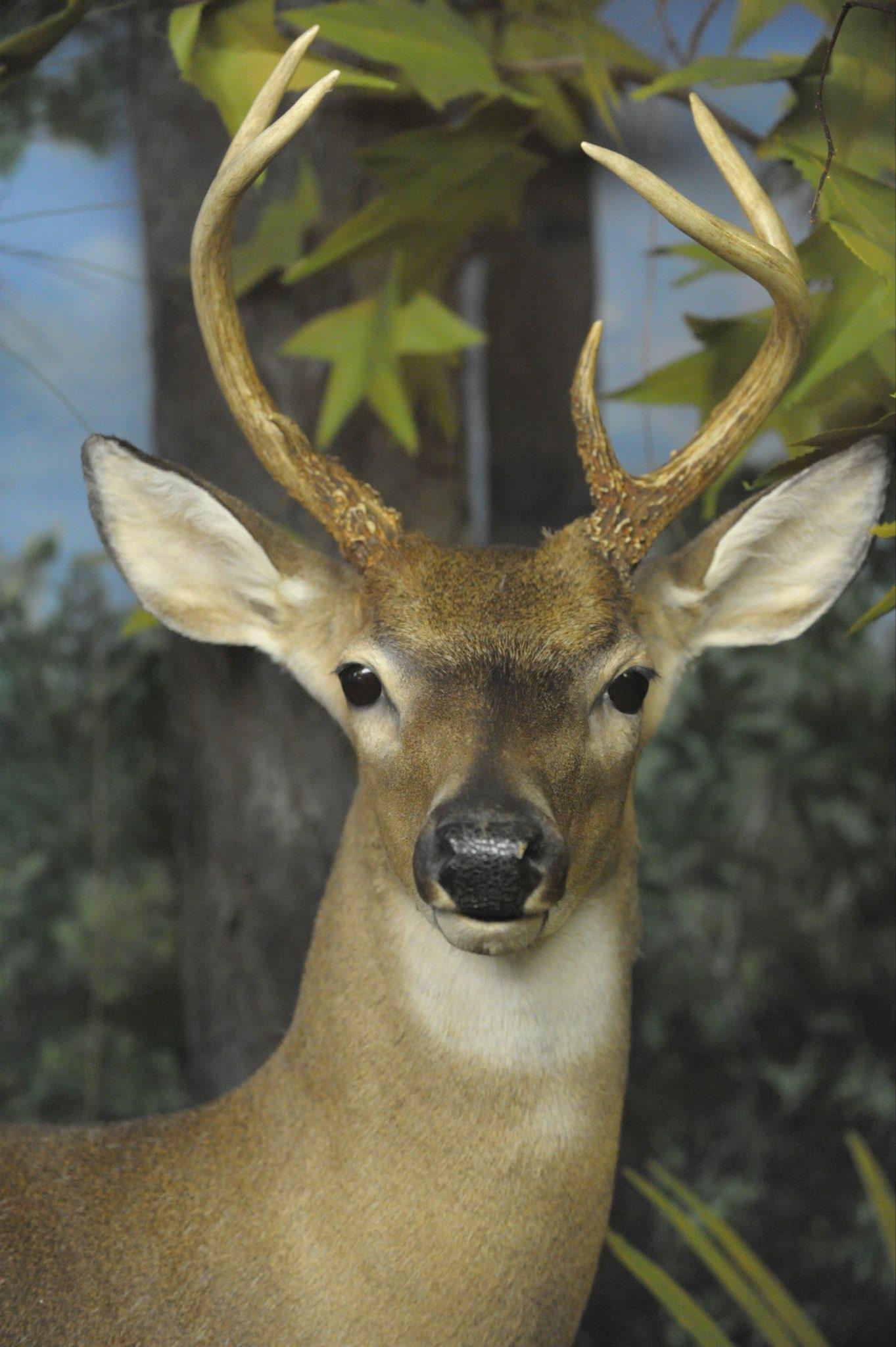CONTRIBUTED BY ACES /WRITTEN BY MAGGIE LAWRENCE
PHOTO BY ROBERT NOLES
Deer season opens Oct. 15. Mark Smith, a wildlife scientist with the Alabama Cooperative Extension System, said hunters need a game plan to get venison from the field to the table safely.
“Hunters need a plan for managing heat, moisture and bacterial contamination,” Smith said. “Those are the big three factors that can cause meat to spoil.”
He said while there is no “right” way to field dress a deer, the bottom line is to choose a quick and efficient method that minimizes the exposure of meat to bacteria.
“Potential contamination sources include the animal’s rumen or other stomach material, feces, urine and foreign debris such as dirt,” Smith said. “Remember bacteria naturally occurs just about everywhere.”
BEST PRACTICES
Smith offers specific tips for ensuring harvested meat is safe for the dinner table.
Cool the carcass quickly and keep it cool. Meat must be kept cool from the time that the animal dies until it is cut, packaged and placed in the freezer, or until it is consumed. Cooling game to less than 40 degrees farenheit as quickly as possible will slow the growth of bacteria and keep the meat from spoiling.
Remove the hide to ensure proper cooling if the carcass will hang outside to cool. A general rule of thumb for deer-sized animals is to remove the hide if temperatures exceed 40 degrees farenheit.
Avoid the use of plastic bags or tarps for transporting the carcass or parts such as hind quarters or backstraps. Plastics seal in moisture and heat. Use breathable cotton game bags or heavy-duty cheesecloth bags made specifically for game meat.
Keep the knife as clean as possible during field dressing and butchering. Use anti-bacterial hand wipes to clean the blade and hands when needed.
If the hunting weather is warm, consider purchasing an insulted cooler bag to help keep the carcass cool. These full-sized insulated bags will hold an entire carcass along with ice to keep temperatures safe.
A slurry of ice, water and salt can be used to cool meat quickly. Add coarse salt and water to a cooler full of ice and stir.
As soon as possible, hoist the carcass to allow better air circulation and speed the cooling process.
Never tie a deer carcass on over the hood of a vehicle. Engine heat can ruin meat in a hurry.
If the cavity needs rinsing due to leakage of intestinal fluids, feces or urine, do so sparingly. Then, wipe dry immediately using paper towels. Moisture causes bacteria to multiply — potentially causing meat spoilage.
MORE INFORMATION
Smith said having plans on how to handle a harvested animal before leaving for a hunt will help ensure hunters bring home healthy and safe meat for their families to enjoy. For more information, visit the Alabama Extension website.
Alabama Extension’s video series on deer processing may be of particular interest to deer hunters.

